Uncanny Machines – A film on five artist adventures in Experiential AI
Inspirational artists explore the uncanny interplay of humans and machines
L-R (top): an archive image from Kasia Molga; an image from Alice Bucknell’s Cones of Uncertainty
L-R (bottom): images from Sarah Cistion, generated using Craiyon
A film on artists who envision new horizons for human-machine creativity, help us navigate the profound challenges of our times, and explore their own creative agency when developing or using AI. Discover the ways artists can push creative boundaries with AI, and how AI can be enriched or challenged by the Arts.
Watch Uncanny Machines Film
Each artist tackles an urgent challenge for our times: giving voice to unheard voices in AI data; grappling with the implications of artificial superintelligence; sensing lost loved ones in small datasets; community-centred approaches to machine learning; and finding new metaphors to break open the 'black box' of AI.
The New Real has awarded five development awards to inspirational artists to explore the uncanny interplay of humans and machines, and the social implications of recent developments in AI. The artists have developed their R&D project by experimenting with The New Real's AI platform, and data from our partners The British Library, supported by our Science & Technology Team.
Our Open Call received a huge volume of outstanding submissions which our Jury whittled down to just five astonishing candidates. We awarded each one a development grant to develop a full proposal and a talk/film. The artist talks premiere at this year’s Scottish AI Summit, are available to watch below, and are profiled in the Uncanny Machines film.
Featured Artists
How to Find the Soul of a Sailor
Kasia Molga spent her childhood travelling with her sailor father on merchant navy vessels. He passed away quite unexpectedly 15 years ago leaving diaries from his journeys. In this talk Molga reports on experiments using The New Real's AI platform to recreate stories in his voice. She reflects on the ethics of 'recreating' fragments of her dad's personality to create an illusion of his presence – sensing lost loved ones in small datasets.
Cones of Uncertainty
Alice Bucknell explores novel metaphors for grappling with the forces of artificial superintelligence. She draws on recent advances in climate modelling and machine learning to help us to think of both AI and extreme weather events as entangled, multiscalar issues. Bucknell reports on her creative experiments with The New Real's platform and presents a new video work drawn from her research. Using an expanded AI toolkit including Word2Vec, Copernicus climate projections, GPT-3, and a custom Stable Diffusion model, Bucknell’s work expands on our capacity to grapple with both the unfolding climate crisis and our relationship to nonhuman intelligence.
Fold Me, Bend Me, Break Me, Said the Computer
Linnea Langfjord Kristensen and Kevin Walker explore how an audience can become enfolded through immersion and interaction, and conversely how the 'black box' of AI can be unfolded by going inside it. In a folded world of multiple intelligences and pervasive but invisible structures, how much agency do we really have, and what can we do about it? Kristensen and Walker use artistic practice as a means of unfolding complex concepts and systems in AI. They show how an audience can become enfolded through immersion and interaction, and conversely how the 'black box' of AI can be unfolded by going inside it.
Asking the Wrong Questions about Generative AI
Sarah Ciston considers how creators interested in using generative tools like ChatGPT and Midjourney should account for the hundreds of thousands of unwitting co-authors whose content was scraped online for their proprietary models. Ciston presents alternative techniques that can make space for new aesthetics and ethics to emerge through community-centred approaches to machine learning: namely, conscientious dataset
stewardship, small dataset curation, data sovereignty, and reimagining machine learning models from scratch.
Voicing the Unspoken
Johann Diedrick and Amina Abbas-Nazari give voice to unheard voices in archival datasets. They address the increasingly convoluted line between human and synthesised speech, and examine the origin of synthetic voices that are speaking to us today. Using The New Real’s platform, they show how it is possible to use textual AI models to "fill in the gaps" of voices missing from historical data, produce speculative speech that never existed, and make those voices audible for contemporary ears.
This is part of the Uncanny Machines commission, in partnership between The New Real at University of Edinburgh, the Scottish AI Alliance, the Alan Turing Institute and the British Library.

